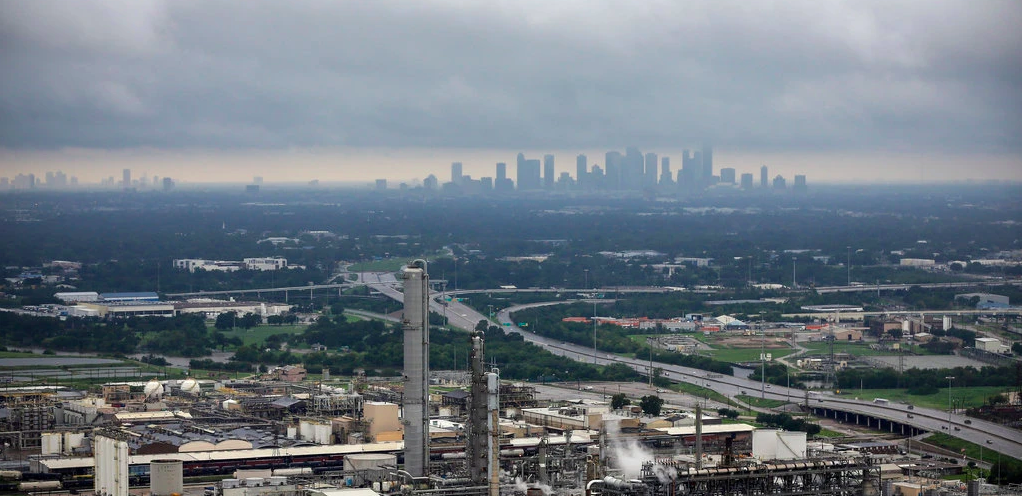
The Environmental Protection Agency Loosens Pollution Rules During Pandemic
In response to the coronavirus pandemic, the EPA drastically reduced pollution rules for power plants, factories and other facilities.
The Environmental Protection Agency (EPA) under the Trump administration made a sweeping change to environmental rules last week in response to the coronavirus pandemic. As of March 26, 2020, power plants, factories and other facilities will be able to self-determine if they are able to meet legal requirements on reporting air and water pollution, according to one New York Times article.
The action comes after a flux of requests from businesses for a relaxation of regulations as they face layoffs, personnel restrictions and other problems related to the coronavirus pandemic.
The policy sets new guidelines for companies to monitor themselves for an undetermined period of time during the outbreak. The agency will not issue fines for violations of certain air, water and hazardous-waste-reporting requirements.
This is quite a shift from what companies are normally asked to do. Usually, companies and businesses are required to report when their factories discharge certain levels of pollution into the air or water.
“In general, the E.P.A. does not expect to seek penalties for violations of routine compliance monitoring, integrity testing, sampling, laboratory analysis, training, and reporting or certification obligations in situations where the E.P.A. agrees that Covid-19 was the cause of the noncompliance and the entity provides supporting documentation to the E.P.A. upon request,” the order states.
Although many companies are struggling to pay workers or manage employee restrictions during this time, the reason for the change is also due to the agency’s inability to fully focus on violations and regulations, it said. The EPA’s focus during the outbreak would be “on situations that may create an acute risk or imminent threat to public health or the environment” and said it would exercise “discretion” in enforcing other environmental rules.
Basically, there’s no telling which rules will be enforced, how rigorously and until what point.
The order asks companies to “act responsibly” if they cannot currently comply with rules that require them to monitor or report the release of hazardous air pollution. This includes keeping records to report to the agency how COVID-19 restrictions prevented them from meeting pollution rules.
“
E.P.A. is committed to protecting human health and the environment, but recognizes challenges resulting from efforts to protect workers and the public from Covid-19 may directly impact the ability of regulated facilities to meet all federal regulatory requirements,” Andrew R. Wheeler, the E.P.A. administrator, said in a statement.
Some, however, are not so convinced the change is necessary, or as honest as the EPA makes it seem. Environmental groups and former Obama administration officials described the policy as unprecedented relaxation of rules for petrochemical plants and other major polluters.
Gina McCarthy, the former EPA leader under the Obama administration and current president of the National Resources Council, called it “an open license to pollute.” She acknowledges that individual companies might need flexibility, but that “this brazen directive is nothing short of an abject abdication of the EPA mission to protect our wellbeing.”
Cynthia Giles, another former EPA official of the Obama administration, said “This is essentially a nationwide waiver of environmental rules. It is so beyond any reasonable response I am just stunned.”
Supporters of the bill are fighting back, saying this memo did not give companies license to pollute, but provided guidance in a challenging situation where many industries are facing unique circumstances.
The memo said the compliance changes were retroactive to March 13.
The coronavirus pandemic has almost consumed all of the current media content out there, and it can be difficult to stay up to date with other news stories. The environment continues to change and evolve even in the midst of this outbreak, and the pollution and EPA disagreements continue.
For more news articles relating the coronavirus to the environment, read COVID-19 and Climate Change: The Unexpected Pairing and EPA Releases List of Effective Disinfectants to Fight COVID-19.